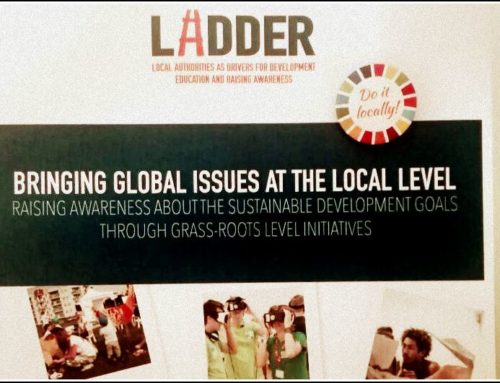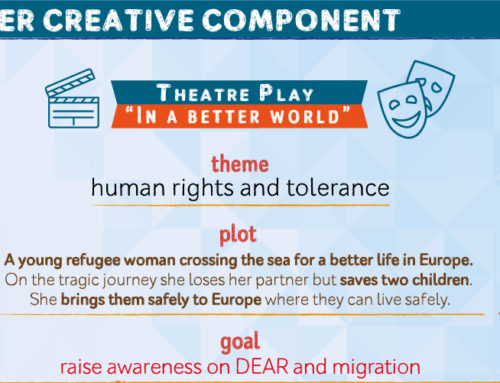The special initiative on Public-Private Cooperation in Economic Development and Job Creation took place in Rome from 22 to 24 of February 2017. The event explored a variety of issues in PPC, reflected on the major critical features of cooperation, and offered a platform to exchange best practices in the field amongst participants. The event was organised by European Movement Italy (CIME) through collaboration with the Department of Political Science at the Roma Tre University, the National Confederation of Crafts and Small and Medium Business (CNA) and Italian Chamber of Deputies.
Development is a delicate process, difficult to ignite and extremely easy to obstruct, thus necessitating coordinated action. A crucial feature of development is a synergic relationship among a variety of stakeholders: local authorities, national governments, international institutions, civil society organizations, and private enterprises. In the age of global finance, coordinated action of development initiatives between actors in the real economy and public institutions seem hard to imagine. Yet this cooperation is crucial to reach the UN Sustainable Development Goals and enhance the living conditions of billions of people around the world.
What is the optimal structure of this cooperation among such diverse stakeholders? How to design a governing system that is both participative and effective? How to make development lasting and sustainable in social and intergenerational terms? How to design incentives that would make development a win-win strategy? On which prerequisites can a model of cooperation between private and public actors be built?
There is a wide agreement that a multi-layered, multi-stakeholders approach is the not the right model per say, but rather a general goal. Systematic cooperation between all public and private actors in development policies is the single most important factor for their success. However, at the same time it is not easy to implement. The relevant stakeholders pursue different aims on different time horizons and therefore require strong communication system. At the same time, they require binding and enforceable contracts and agreements.
Bottom-up and top-down approaches to development may be partially successful; the issue is how to make them fully successful. From this standpoint, local authorities as public entities legitimately representing communities of their respective territories are the best candidate to reconcile these two approaches to development. In order to be able to accomplish this task, they need to increase their capabilities, strategic awareness, communication skills etc.
These are just some of the conclusions that emerged from the three-day event. They are encapsulated in the European Charter of Local Authorities for Public-Private Cooperation in Development and Job Creation. The Charter will be submitted to institutional and non-institutional actors, and in particular to representatives of local authorities. Furthermore, the participants also debated and agreed the role of businesses and drafted another charter specifically aimed at the private sector (Charter for Medium and Large Size Enterprises in International Cooperation. The Relevance of Corporate Social Responsibility).
We are still far from an optimal system of public-private cooperation, but we do hope the workshop provided a better insight on this issue and some tools to more effectively act in this field.
Useful Links:
Photo Gallery
European Charter of Local Authorities for Public-Private Cooperation in Development and Job Creation
Charter for Medium and Large Size Enterprises in International Cooperation. The Relevance of Corporate Social Responsibility








Leave A Comment